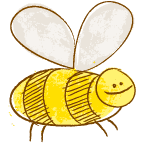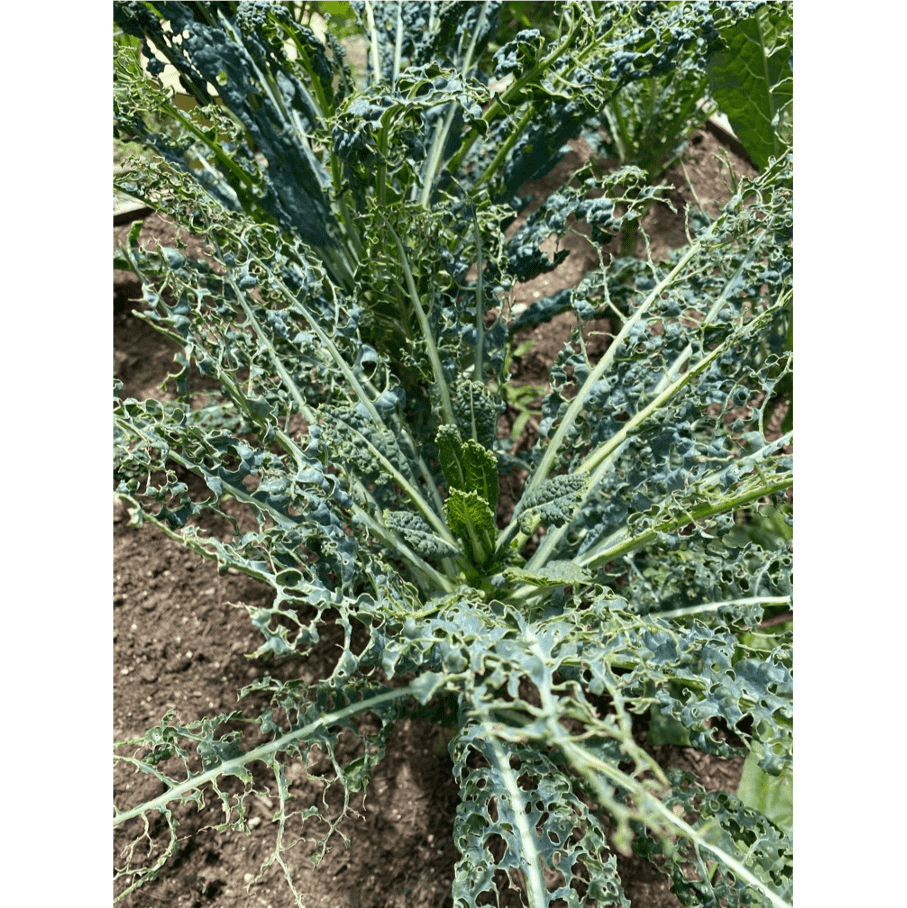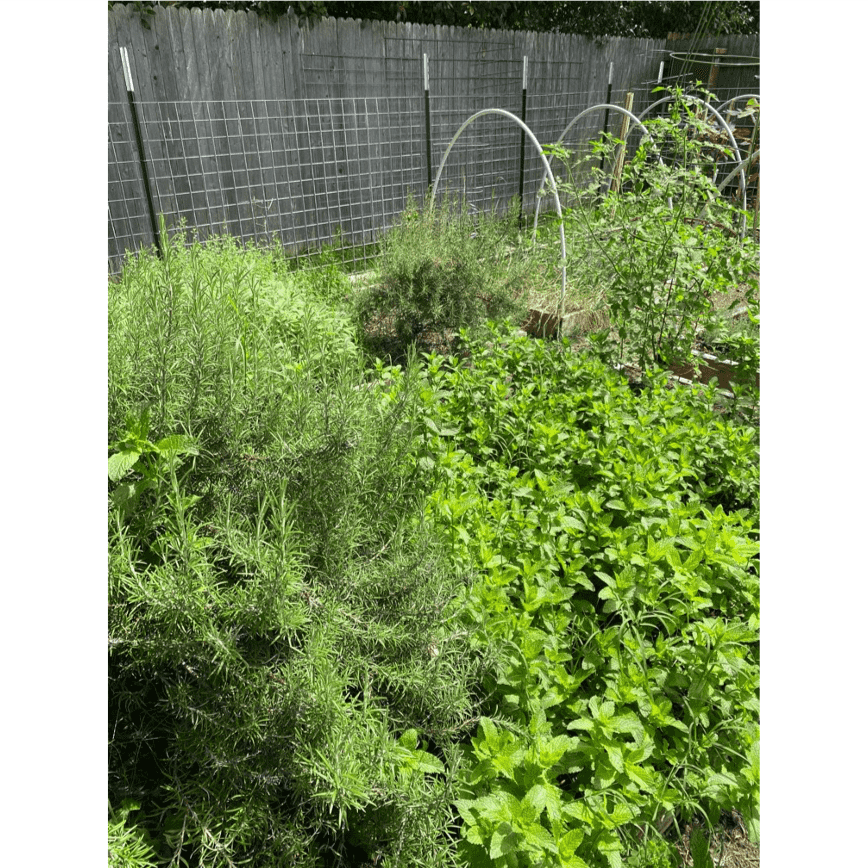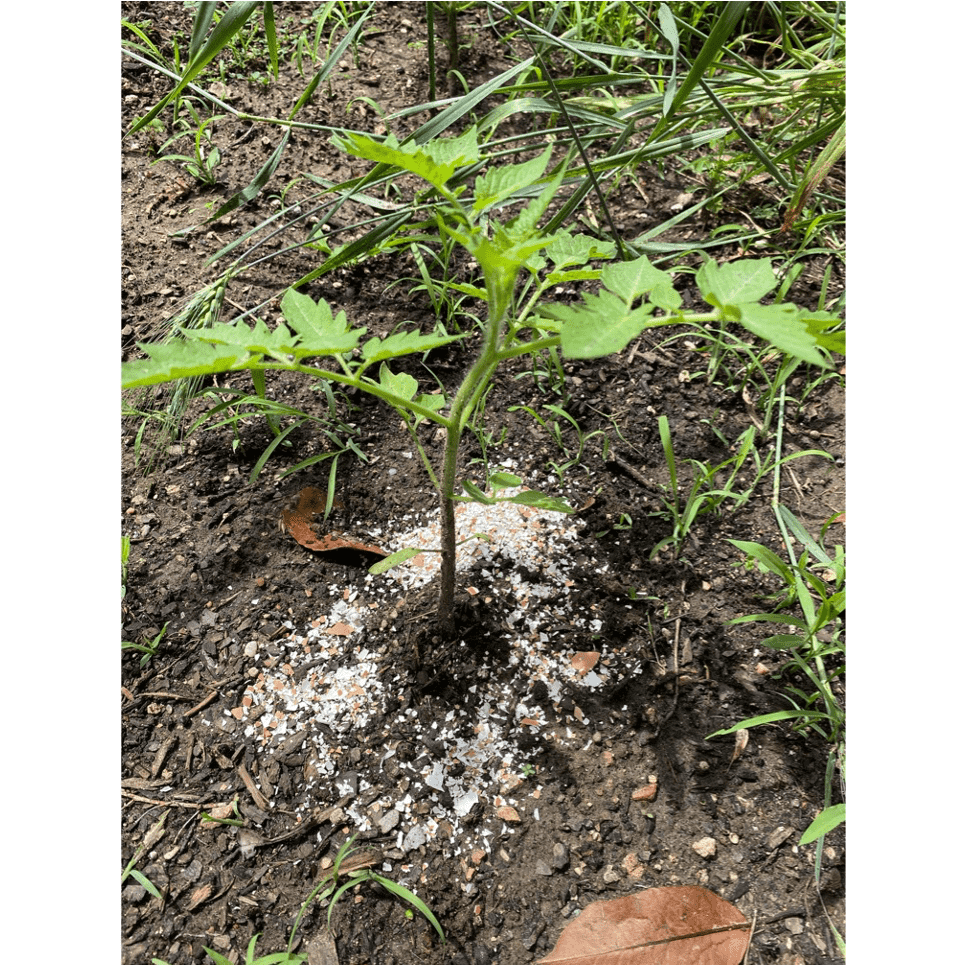Vinegar for Pests & Weeds
If you haven’t started using white vinegar for everything, the garden is a great place to begin. It’s a very effective weed killer. You can put it in a spray bottle or just pour it from the container. For even faster results, cover the weeds with a pot or piece of plastic and they will be done for.
Vinegar is also effective at relocating ants. Note that it doesn’t kill them, just encourages them to move out. Sometimes they move to another part of your garden. Usually after a couple of trys, they get the message and move on!
I also use vinegar for cleaning counter tops and making my own dryer sheets. Pinterest will show you how!
Rosemary Water for Pests
Rosemary - with its strong scent and sticky oil deters many pests. Even deer won’t eat it! To make a natural spray to deter pests, fill a pot with rosemary and cover it with water. Boil for 30 minutes. Remove the rosemary. Cool. Pour into a spray bottle and spary plants. I used this on my young kale plants when some pesky worm decided they were brunch. If you’re not growing your own rosemary - check landscaping nearby. It’s usually prolific and those who have it don’t mind sharing!
Got Snails? Stale Beer Traps
A few seasons ago, I was plagued with snails. The most effective method I found for dealing with them were beer traps. Really. I mean it. Find a small container that you can bury up to its rim in the affected area. Fill it with beer and check it the next day. The snails crawl in and enjoy the party but don’t leave.







